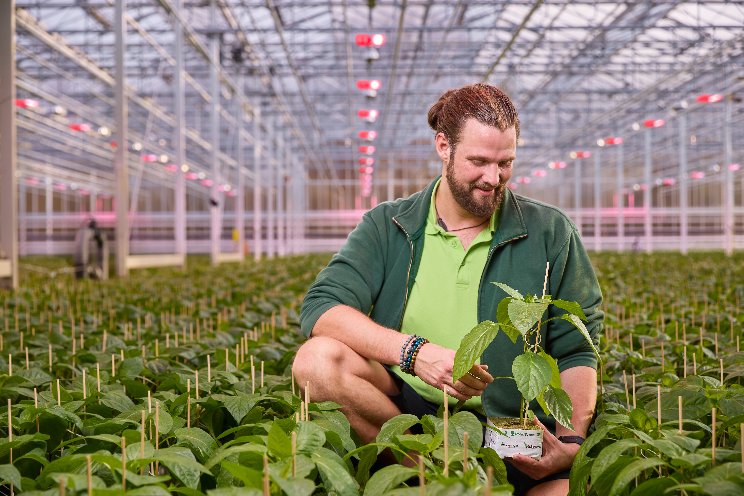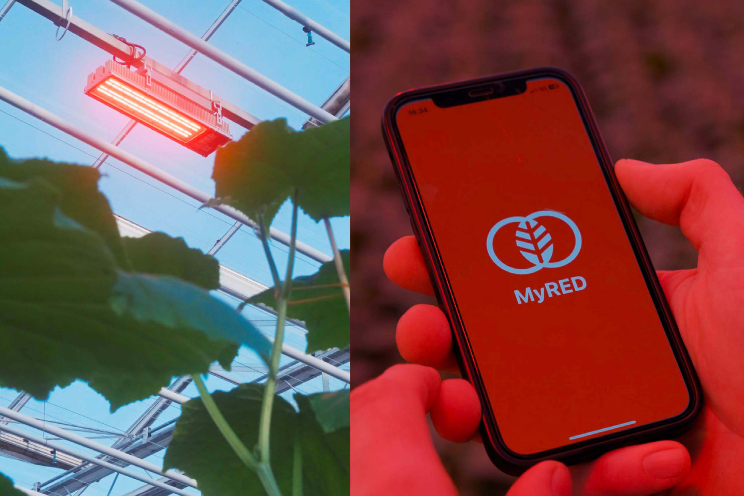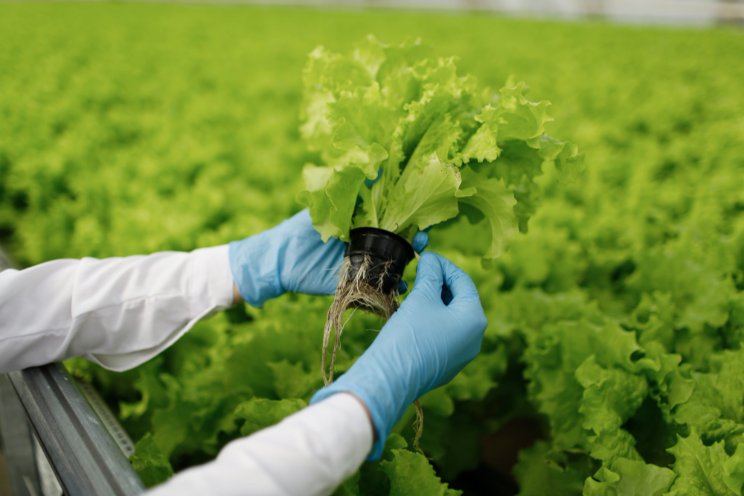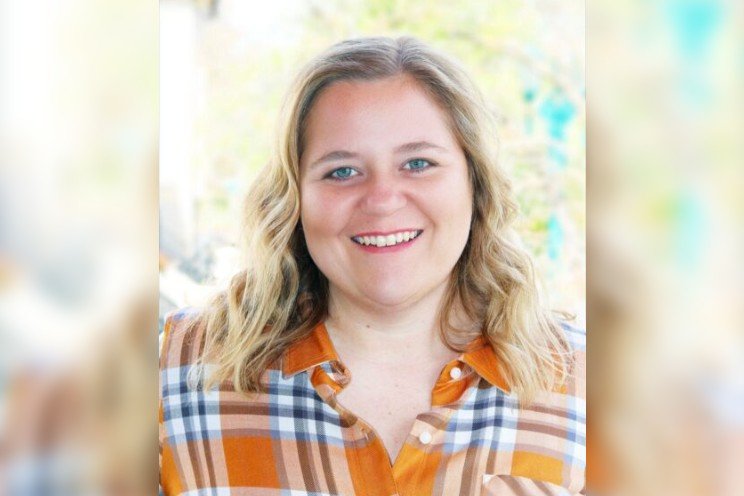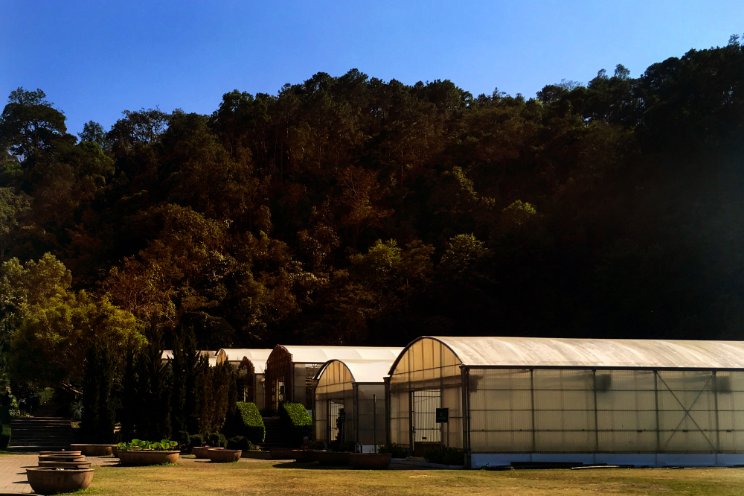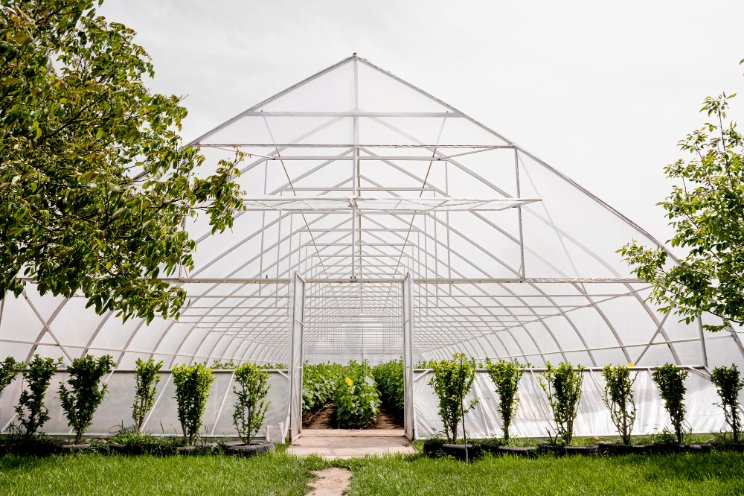Bayer strengthens virus resistance research
Added on 18 May 2023
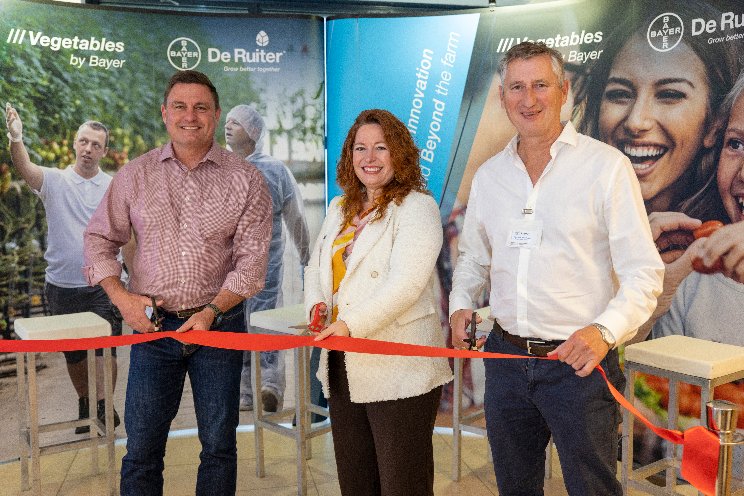
|
The facility, located in Wageningen, The Netherlands, will help strengthen and accelerate Bayer's search for resistant varieties. "This new infrastructure is part of a worldwide testing footprint aimed at characterizing resistance genetics under a wide range of growing conditions and infection regimes," explains J.D. Rossouw, Head of Vegetables R&D at Bayer's Crop Science division.
Rossouw emphasizes the thoroughness of Bayer’s approach when it comes to virus resistance: "we develop a durable resistance strategy, by layering resistances to build stronger protection for growers as well as incorporating novel sources of Resistance from wild tomato species."
ToBRFV was first observed in 2014 and spread rapidly to around the world. This viral disease impacting tomato plants represents a challenge for the industry as it can be transmitted very easily through many vectors including farming tools and equipment, workers’ hands, plants, water, soil and people.
State-of-the-art greenhouse
"The glasshouse is built according to the latest industry standards and is and is compliant with strict rules developed by the European Union authorities for trialing facilities of this kind," says Laura Grapes Head of EMEA Vegetables Breeding & Testing at Bayer Crop Sciences. "The NVWA, the Dutch food and consumer product safety authority, gave the green light after a strict audit. I am very proud we could realize such a complex but meaningful project here in Wageningen."
The greenhouses are equipped with extra safeguards to prevent virus material from leaving the greenhouse. For example, the glasshouse is equipped with a hygiene lock, double doors, special netting and all the drain water is collected separately and disposed as infected material.
Resistance in the pipeline
In 2021, Bayer launched Strabini, the first glasshouse tomato variety with intermediate resistance to ToBRFV. Recently in North America Bayer launched two red beef tomato varieties for glasshouse production that also provide intermediate resistance.
Currently Bayer is testing multiple new hybrids in various glasshouse segments at grower locations globally. The next wave of resistant varieties is expected to reach the market in 2023. As we continue working on increasing the resistance levels of our varieties, by adding additional resistance genes in our new hybrids, we expect to deliver varieties with stronger resistance as well as strong agronomical traits and consumer quality traits to help maximize grower success in the coming years.
About Bayer
Bayer is a global enterprise with core competencies in the life science fields of health care and nutrition. Its products and services are designed to help people and planet thrive by supporting efforts to master the major challenges presented by a growing and aging global population. Bayer is committed to drive sustainable development and generate a positive impact with its businesses. At the same time, the Group aims to increase its earning power and create value through innovation and growth. The Bayer brand stands for trust, reliability and quality throughout the world. In fiscal 2021, the Group employed around 100,000 people and had sales of 44.1 billion euros. R&D expenses before special items amounted to 5.3 billion euros. For more information, go to www.bayer.com.
Photo: Left to right: JD Rossouw, Head of Vegetables Research & Development at Bayer Crop Science. Then Laura Grapes, Head of EMEA Vegetables Breeding & Testing, and on the right Wim van der Schaft, Head of North Europe Veg R&D Operations
More news
